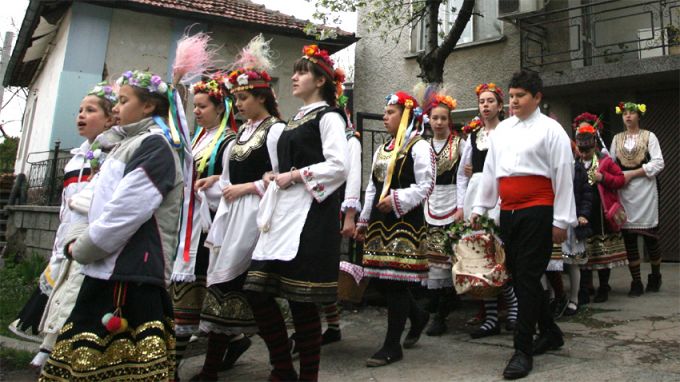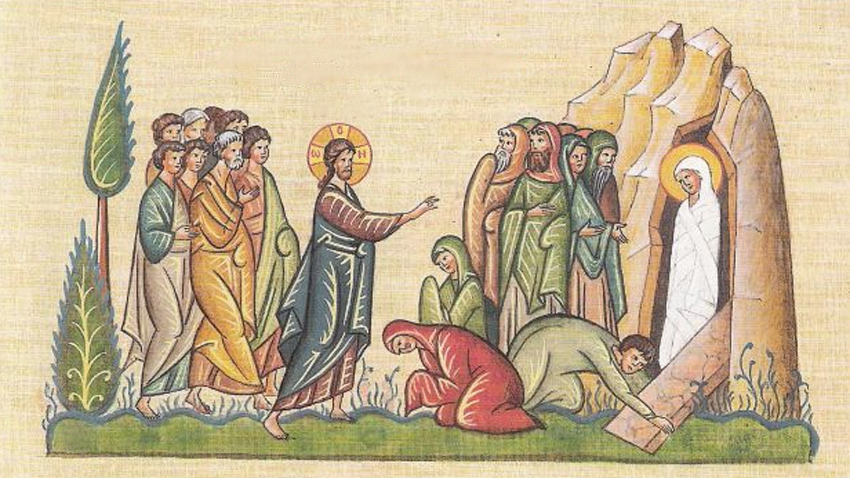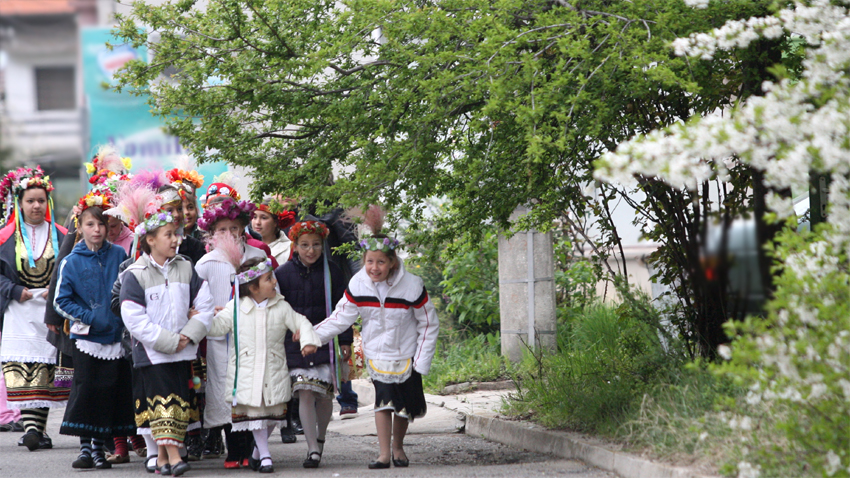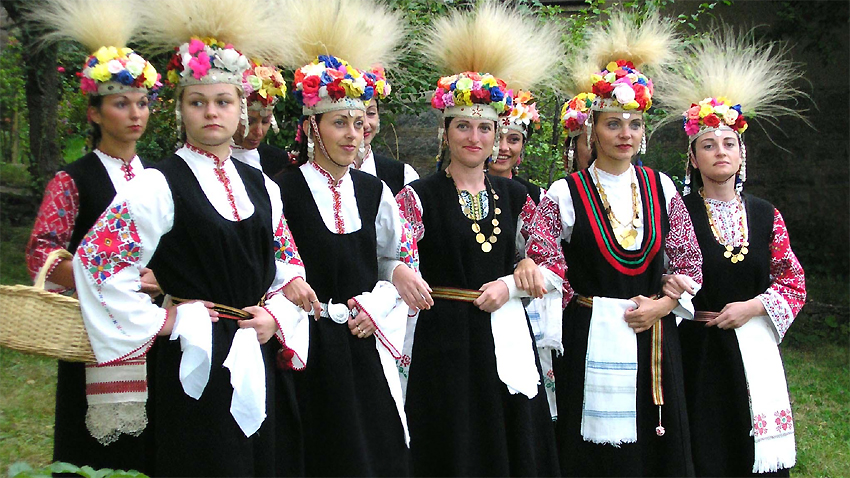 3
3
 “Lazarus, come out!” Christ spoke to his friend and the miraculous resurrection took place. A day before Palm Sunday the church marks Lazarus Saturday. In Bulgarian folklore this holiday is associated with spring as a symbol of revival and resurrection and focuses on youth, the awakening of nature and the new beginning.
“Lazarus, come out!” Christ spoke to his friend and the miraculous resurrection took place. A day before Palm Sunday the church marks Lazarus Saturday. In Bulgarian folklore this holiday is associated with spring as a symbol of revival and resurrection and focuses on youth, the awakening of nature and the new beginning.
“Lazarus, do you feel joy that spring has come?” the lyrics of a folk song go. Such folk songs also describe spring and the awakening of nature. Listen next to a song performed by Galina Durmushliiska that brings us the image of a young woman picking flowers in order to put them on her child’s hat.

The Bulgarian tradition of ‘lazaruvane’ is one of big importance for the social inclusion of young girls. It is believed that a girl who has not participated in the ritual would not get married. Moreover, such a girl could be kidnapped by a mythological zmey who could take her for a bride. On Lazarus Saturday groups of young girls go across villages, dancing and singing and people believe the ritual brings them health and prosperity. Girls start studying the songs in the middle of the Easter Lent. Some of the lyrics are actually well-wishings for the girls participating in the ritual. They promise Lazarus gifts if next year they give birth to a child.
There are Lazarus Saturday folklore songs dedicated to each family member, as well as to various occupations, to gardens and flowers. If in a visited house there was a woman who was not engaged yet, songs wishing her to find a husband soon are sung.
“Lazarus, they told me there was a beautiful lass in this home. Let us see her and let her get engaged by Easter and married by St. George’s Day”

Hosts give the Lazarus girls white eggs and money. The girls would later split the money, while the eggs will be coloured for Easter.
Making a full circle the girls always return to the place their tour started. They sing and dance during the whole time and separate in the evening to gather the next day for another premarital ritual called ‘kumichene.’

English: Alexander Markov
The second annual Bean and Sausage Festival promises to be an unforgettable celebration of flavour and folklore in Zhitnitsa , a village in southern Bulgaria. On 7 September, the grounds of the local equestrian centre will host food lovers..
The Regional Open-Air Ethnographic Museum "Etar" was established as a center for the study of the traditional culture of the Balkan Range people. Today, this unique site near Gabrovo serves as a place where customs and traditions from the Bulgarian..
From today until August 24, the 15th Folklore Costume Festival Zheravna 2025 is taking place in the Dobromeritsa area. Over 30 kaba bagpipers will kick off the event (8:00 p.m.), which every year gathers thousands of visitors dressed in..

+359 2 9336 661
